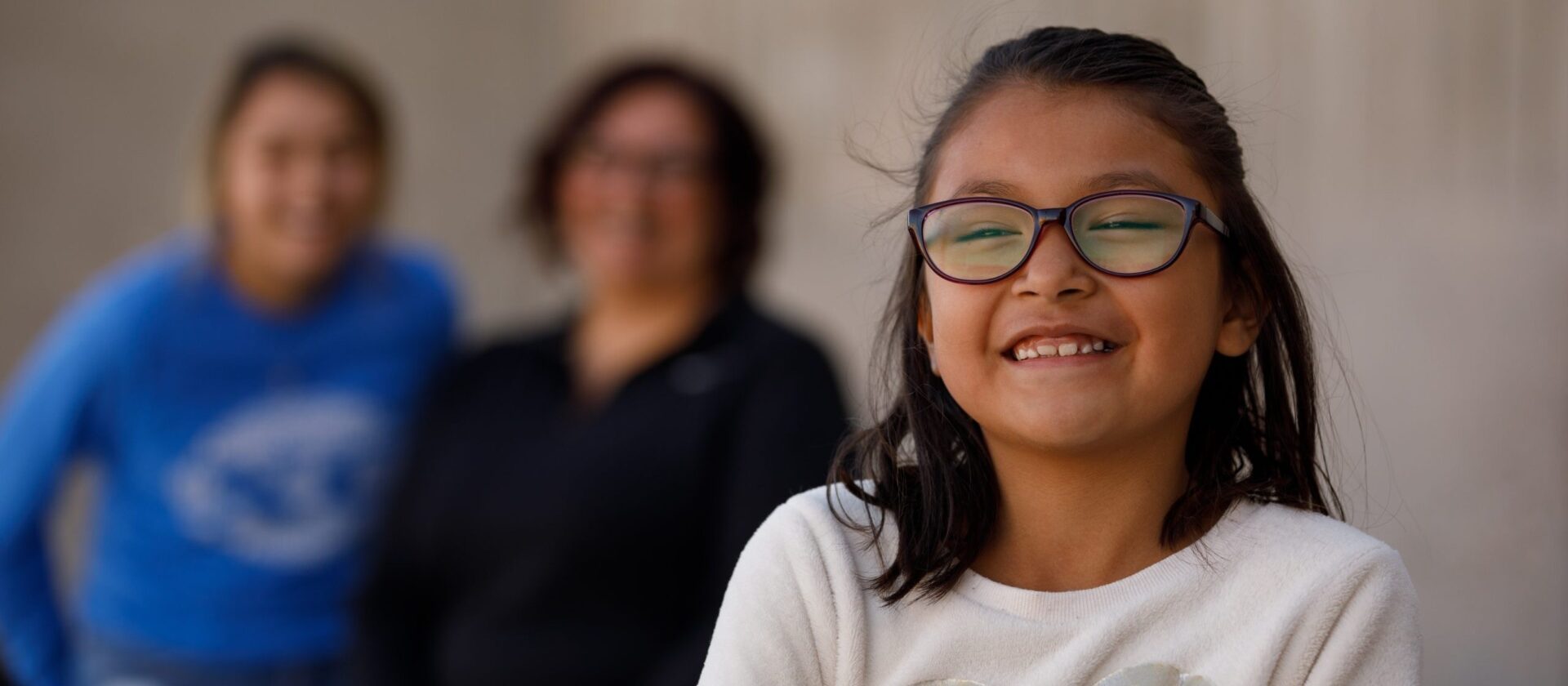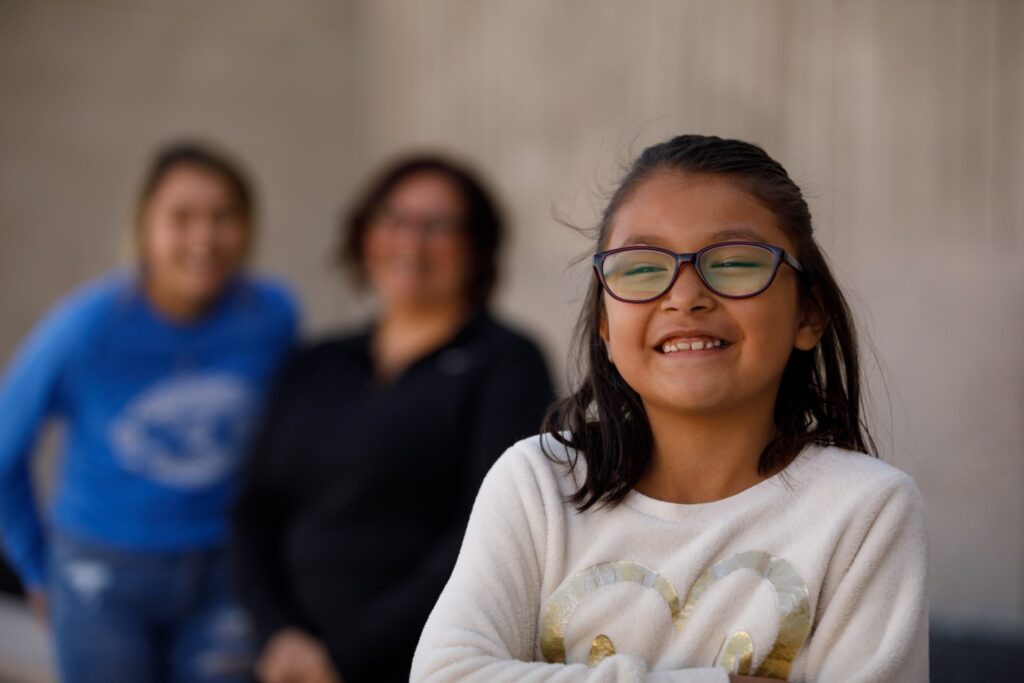The 2023 North Dakota Legislative Session is in crunch time, when controversial or difficult bills must be finalized and acted on. We have some important bills in this mix that will need support or opposition. The latest this year’s session can go is May 4, but chances are it will adjourn several days earlier than that.
School Lunches
Stop Shaming Students. First, some good news. The bill to limit shaming students who have unpaid school lunch debt was signed by the governor and filed with the Secretary of State. The bill [HB 1494] prohibits schools from denying or serving an alternative lunch to a student. Also, schools may not stigmatize or restrict school participation because of unpaid meals. During committee discussions many legislators voiced concerns about this bill because they believe school lunch is the parents’ responsibility. In the end, the idea that lunch debt was not the child’s fault carried the day. The only legislators who voted against this bill were Rep. Scott Dyk (District 23, Williston) and Rep. Jorin Johnson (District 41, Fargo).
Free Lunches. HB 1491 is a watered down bill appropriating $6 million to provide free lunches to public school students (amended to add private school) in families up to 200% of poverty. NDNV testified in support of the bill. After passing the House 80-11, it failed in the Senate by one vote 23-24. However, supporters across the state rallied and got the bill amended into SB 2284 by the House, so school lunches are still alive. ACTION: Contract your House members to vote “YES” on SB 2284 for school lunches.
Voting Rights and Elections
Proof of Citizenship. Passed and signed by the governor April 6, HB 1431 requires proof of citizenship in elections. North Dakota Native Vote originally opposed this because it was yet another roadblock for Native people to vote. See NDNV testimony on a similar bill earlier in the session. Executive Director Nicole Donaghy cited the Brakebill Consent Decree entered into by the State and the tribes in 2020, which provides a process for tribal members who lack identification with residential addresses to vote. The Decree, which was part of the settlement of a lawsuit, includes the assumption that Native people are citizens. In the end, HB 1431 was amended to cite the consent decree that Native people are presumed to be citizens, and therefore, do not require extra proof of citizenship at the polls.
Bottom Up Democracy. On April 4, the governor vetoed a bill that would prohibit local governments from using ranked choice and approval voting. NDNV submitted testimony in opposition to the bill [HB 1273]. While NDNV does not have a position on ranked choice voting or approval voting, Field Director Sharnell Seaboy said the bill “would unnecessarily preempt local community decisions.” She made the distinction that the role of state and federal governments is “to ensure that every voter has the opportunity to vote, has easy access to voting, and that voting processes do not suppress the votes of certain groups of people [and] at this time, ranked choice voting and approval voting appear to be decisions local communities can make, especially in a state that prides itself in bottom up democracy.”
On April 10, the House overrode the governor’s veto, so it is now up for a vote in the Senate.
ACTION: Contract your senators to vote “NO” on HB 1273. That will be to sustain the governor’s veto. Making It Harder for Voters. This year’s effort to make it more difficult for voters to enact constitutional amendments is SCR 4013, sponsored by Sen. Janne Myrdal (District 19, Edinburg). NDNV testified twice in opposition. The final version of the bill 1) keeps measures to a single subject determined by Secretary of State, 2) increases required signatures from 4% to 5% of the state population, 3) makes voters approve it twice — in both the Primary and General Elections. Bill sponsors cited too much out-of-state money influencing voters as the problem, but instead of dealing with money in politics they’d rather put up roadblocks to the voters. Both houses have passed SCR 4013 so the voters will get the chance to vote on it in the November 2024 general election.
Human Rights
Anti-Diversity, Equity, and Inclusion. HB 1429 prohibits socially responsible criteria (including diversity, equity, and inclusion) from being considered in investment of public funds. The bill adds socially responsible criteria to the list of prohibited discriminatory considerations. Prime sponsor Rep. Anna Novak (District 33, Hazen) introduced the bill because those social ideas are “not in line with family values,” and “fly in the face of encouraging hard work and merit based accomplishments.” The bill turns reality upside down. At this time, the House has refused to concur with Senate amendments, so the bill is in a conference committee.
ACTION: Contact your legislators to vote “NO” on HB 1429.
Tribal Sovereignty
Indian Child Welfare Act (ICWA). The prime sponsor is Rep. Jayme Davis (District 9A, Rolette). The current version of HB 1536 would adopt a state ICWA law to protect it from a potential overturning by the U.S. Supreme Court. NDNV supports the bill and testified twice. Here’s Sharnell Seaboy’s Senate testimony. In February, the House replaced ICWA language in the original bill with a short paragraph of general guidelines and suggested consideration for interim study. That passed the House 93-1. Rep. Don Vigesaa (District 29, Cooperstown) was the only one to vote no. In March, the Senate put the ICWA language back in the bill. The Senate hearing highlighted the progress and supportive working relationships with ICWA among tribal, state and judicial people in North Dakota. That passed the Senate 46-0 but the House refused to concur with the amendment. A conference committee is now working on the bill. Both houses may vote on HB 1536 in the coming week. ACTION: Contact your legislators to vote “YES” on the Senate amendments to HB 1536.
Whitestone Hill Historic Site. There appears to be legislative support for $250,000 to study and design a memorial for Native Americans killed at the Whitestone Hill Historic Site.* It’s been added to the State Historical Society budget [SB 2018]. In the House Appropriations Committee’s April 7 meeting (see video), the proposal was opposed by Rep. Mike Schatz (District 39, New England) who moved to delete Whitestone from the bill. He read a long statement about “today’s PC world and revisionist history” and then detailed Native American torture practices. Rep. Mike Brandenburg (District 28, Edgeley) was having none of that. Whitestone is located in Brandenburg’s district. He said, “Everybody’s got a different version of
history. I’ve been down to Whitestone many, many times. I go up to the top of the hill and the soldiers have certainly been recognized with a monument there…and down at the bottom of the hill there’s a pile of rocks. And that’s just wrong! I would ask the committee to resist the motion [to delete funding].” Schatz’s motion died for a lack of a second.
*NOTE: Whitestone Hill is where Gen. Sully’s troops in 1863 attacked a camp of Native Americans of many tribes. The committee gave the bill a Do Pass by 17-3 and the House passed it 58-31 on April 11. Representatives with reservations in their districts voting NO on the bill were Clayton Fegley (4B, Berthold), Donna Henderson (9B, Calvin), Kathy Frelich (15, Devils Lake), Dennis Johnson (15, rural Devils Lake), Dawson Holle (31, rural Mandan), and Karen Rohr (31, Mandan). Representatives voting YES were Mitskog (25) and Schreiber-Beck (25). The Senate refused to concur, so the bill is in a conference committee.
ACTION: Contact your legislators to vote YES on the Whitestone Memorial in SB 2018.
written by Don Morrison and Sharnell Seaboy, NDNV



